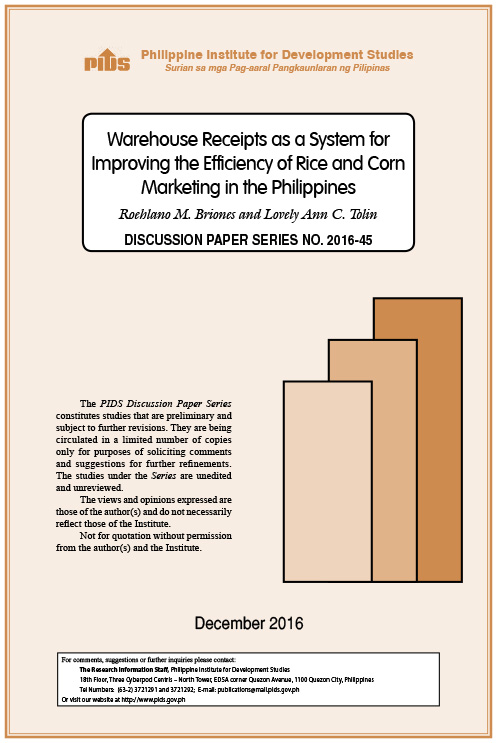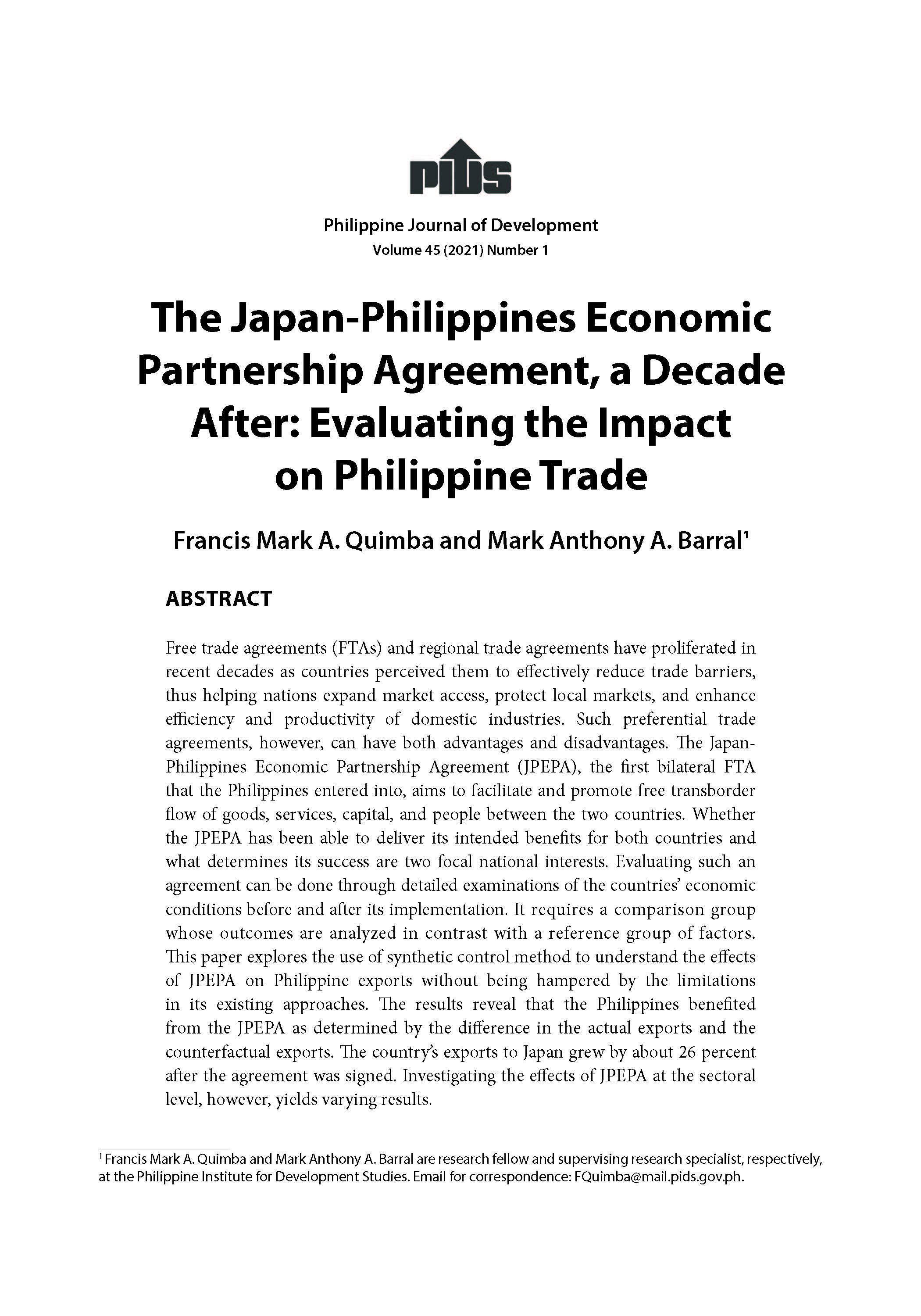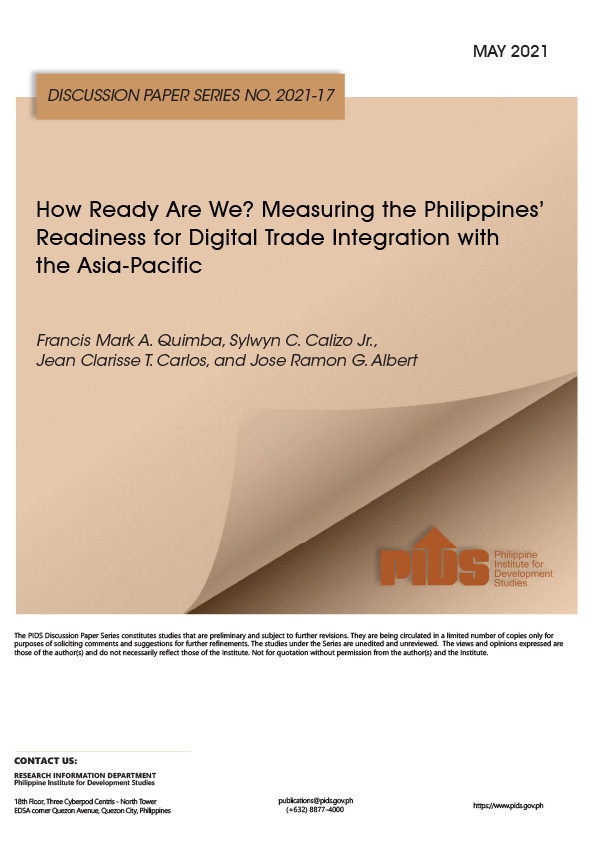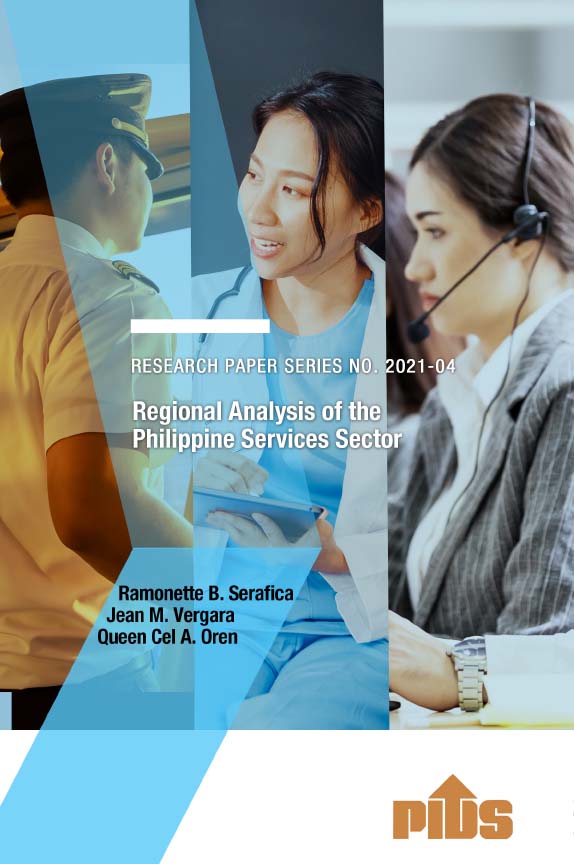In the Philippines, the rice and corn sectors play an integral role in the agricultural economy in terms of production and employment. However, both sectors suffer from inefficiencies in the marketing chain (e.g., high transaction costs, weak quality assurance). Farmers also find difficulty in obtaining short-term loans from banks; hence they resort to informal loans with high interest rate. This paper explores the warehouse receipt system as platform for transforming the marketing chain in the grains market of the Philippines. Salient features of an effective warehouse receipt system are outlined based on literature review and international experience. Assessment of Philippine experience shows that while a legal framework is already in place, a warehouse receipt system in grains is currently non-operational. Likewise, standardization of rice and corn is not practiced. Key recommendations of the study include strict enforcement of grain grades and standards, pilot testing of the warehouse receipt system in a suitable area, and legislative reforms to establish a sound legal and regulatory framework for a warehouse receipt system.
Citations
This publication has been cited 1 time
- Mataia, Alice B. et. al. 2020. Rice value chain analysis in the Philippines: Value addition, constraints, and upgrading strategies. Asian Journal of Agriculture and Development, 17, no. 2. Southeast Asian Regional Center for Graduate Study and Research in Agriculture (SEARCA).













